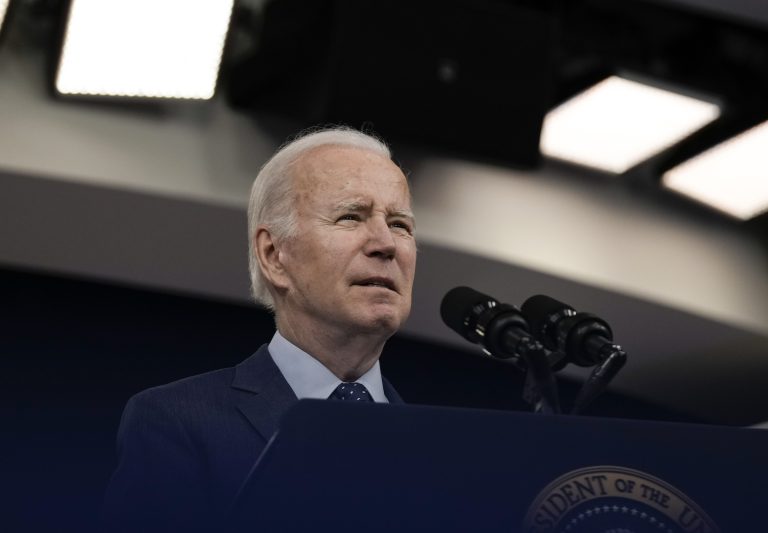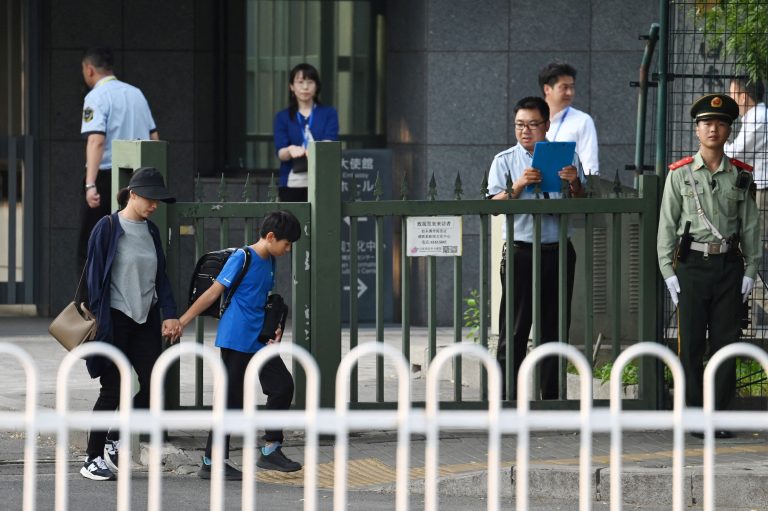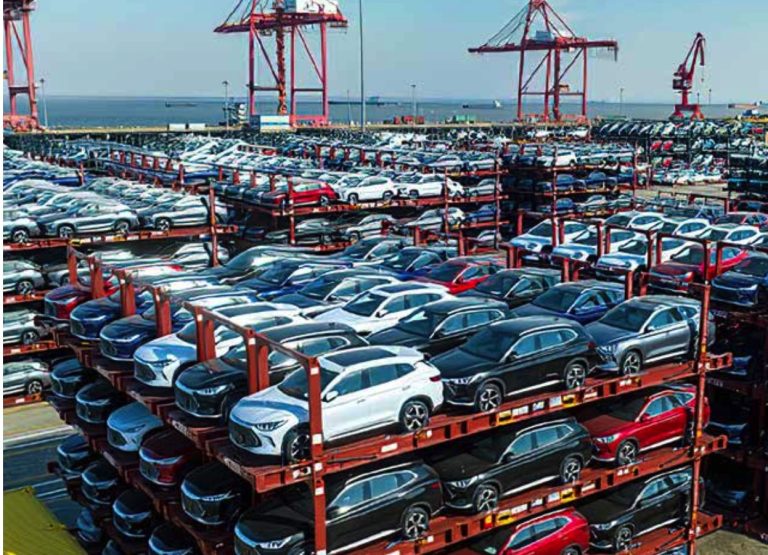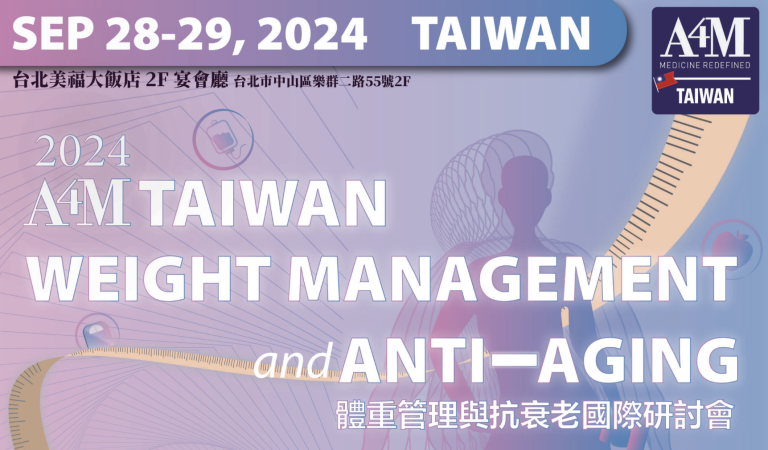On May 14, U.S. President Joe Biden announced a sweeping increase in tariffs on $18 billion worth of Chinese exports. Though the move is aimed at countering Beijing’s product dumping, it also underscores escalating tensions between the world’s two largest economies.
The new tariffs — set to impact a variety of goods including electric vehicles (EVs), batteries, semiconductors — as well as certain steel and aluminum products, are part of the administration’s strategy to address what it deems as “unfair trade practices” by manufacturers in the People’s Republic of China (PRC).
“If the pandemic taught us anything [it is that] we need to have a secure supply of essentials here at home,” said Biden, as he vowed not to let China “unfairly control the market” on a wide range of items.
Tariff details
The Biden administration’s tariff plan will see the tariff rate for EVs quadruple from 25 percent to 100 percent this year. China’s leading EV manufacturer, BYD, which sells its automobiles for as low as $10,000, will be significantly affected.
MORE ON THIS: Biden Proposes Tripling Tariffs on Chinese Steel, Aluminum to Counter Beijing’s Product Dumping
Success
You are now signed up for our newsletter
Success
Check your email to complete sign up
In addition, certain steel and aluminum products will see tariffs rise from 0-7.5 percent to 25 percent, and battery parts will increase from 7.5 percent to 25 percent.
Other notable increases include:
- Lithium-ion EV batteries: From 7.5 percent to 25 percent this year.
- Lithium-ion non-EV batteries: From 7.5 percent to 25 percent by 2026.
- Certain critical minerals: From zero to 25 percent this year.
- Solar cells: From 25 percent to 50 percent this year.
- Syringes and needles: From zero to 50 percent this year.
- Certain personal protective equipment (PPE): From 0-7.5 percent to 25 percent this year.
- Semiconductors/chips: From 25 percent to 50 percent by 2025.
- Natural graphite and permanent magnets: From zero to 25 percent by 2026.
- Rubber medical and surgical gloves: From 7.5 percent to 25 percent by 2026.
Administration’s justification
The White House framed the tariff hikes as a necessary response to China’s economic strategies. “China’s using the same playbook it has before to power its own growth at the expense of others by continuing to invest despite excess Chinese capacity and flooding global markets with exports that are underpriced due to unfair practices,” said Lael Brainard, the White House national economic adviser.
A senior administration official dismissed concerns about potential inflationary impacts, emphasizing the focus on strategic sectors with ongoing domestic investment.
“There’s no inflationary impact of these actions,” the official said. “They’re mainly targeting strategic sectors where we are racking up domestic investment.” This stance contrasts with the broad-brush tariff approach proposed by former President Donald Trump, who has suggested a 10 percent tariff on all imports.
RELATED: China’s Overseas Product Dumping: Addressing Unfair Competition Caused by Systemic Differences
Beijing claps back
To no surprise, PRC representatives quickly condemned the tariff increases. The Chinese Foreign Ministry reiterated its opposition to unilateral tariff hikes, labeling them as violations of World Trade Organization (WTO) rules. “China will take all necessary measures to safeguard its legitimate rights and interests,” warned PRC spokesperson Wang Wenbing during a daily briefing.
The move has also sparked debate within the U.S. Critics argue that tariffs generally lead to higher consumer prices and can even go as far as stifling economic growth. “Tariffs, in general, are bad economic policy. I think the administration should be moving away from them,” said Alex Durante, an economist at the Tax Foundation.
Meanwhile, the Trump campaign seized the opportunity to criticize Biden’s tariff strategy. “After spending much of his presidency fighting to undo President Trump’s trade policies, Biden’s failure to protect American manufacturers is coming back to haunt his administration,” said Karoline Leavitt, a Trump campaign spokesperson.
A balancing act
Now, the Biden administration faces the complex challenge of balancing its commitment to lower the cost of clean energy with the need to protect American manufacturing. This dual objective is evident in the administration’s selective approach to tariffs, aiming to foster domestic investment in strategic sectors while countering unfair trade practices.
“The previous administration’s restrictive efforts were not paired with affirmative inducements for companies to make investments in strategic sectors,” said a senior administration official as they highlighted the difference between the current and previous administrations’ strategies.
“It didn’t include a diplomatic effort to have like-minded countries that are playing by the same rules to join us in confronting China’s trade practices,” the official added.
RELATED: In China, Blinken Lays Out America’s Red Lines on Russia, Other Tensions
The tariff proposal first came on April 17 while Biden addressed union workers in Pennsylvania. If approved, the imports would see their tariffs “tripled,” he noted at the time.
During his speech at the United Steel Workers headquarters, Biden expressed concerns about China’s trade tactics, particularly in the steel sector. China has been “cheating” in its steel trade practices,” said the president as he underscored the urgency in which his administration views the need for corrective action.
“For too long, the Chinese government has poured state money into Chinese steel companies, pushing them to make so much steel, as much as possible, subsidized by the Chinese government,” said Biden during the speech. “They’re not competing. They’re cheating. They’re cheating. And we’ve seen the damage here in America.”







